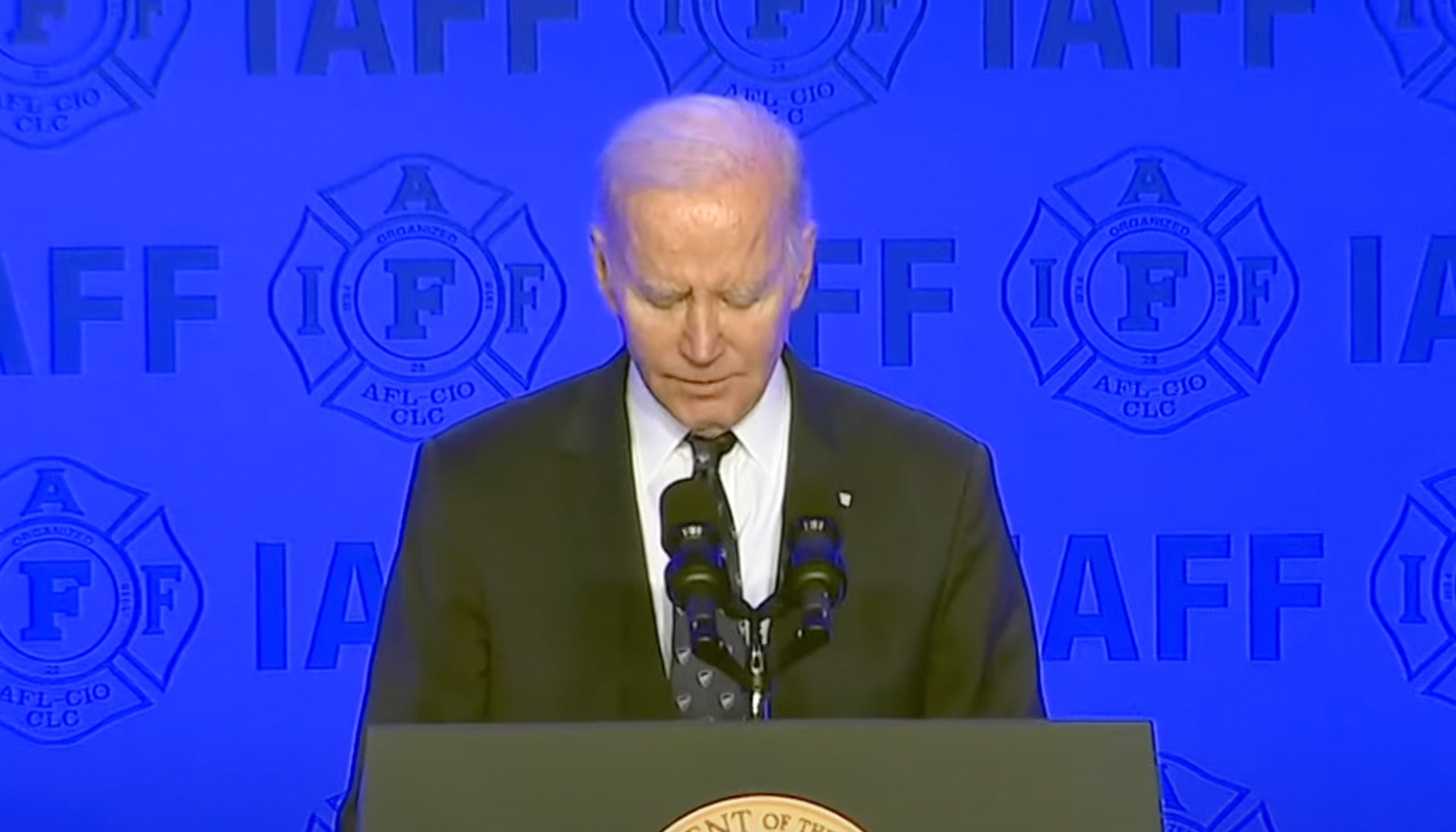Trump Seeks Delay in Classified Documents Case in Wake of SCOTUS Immunity Ruling
Former President Donald Trump has requested a delay in his classified documents case following a pivotal U.S. Supreme Court ruling on presidential immunity.
Trump's legal team argues that the Supreme Court's recent decision impacts the ongoing case, potentially in his favor, and merits reconsideration of two motions for dismissal, as ABC News reports.
The high court ruled on Monday that Trump is entitled to presumptive immunity from criminal prosecution for official acts taken while he was in office. This ruling has prompted Trump's lawyers to request U.S. District Judge Aileen Cannon to halt proceedings and revisit dismissal motions in the classified documents case.
Supreme Court Ruling Triggers Legal Actions
On Friday, Trump's lawyers submitted a request to Judge Cannon to delay all proceedings in the classified documents case except for a pending ruling on a special counsel's request for a gag order. Trump's legal team is leveraging the Supreme Court's decision, asserting that it could undermine the special counsel's position and expose the politically motivated nature of the prosecution.
The defense team's plan includes filing a separate motion addressing the implications of the immunity ruling. This motion aims to impose limits on evidence related to Trump's official acts while in office.
Arguments Over Special Counsel's Appointment
Trump's attorneys are also seeking to renew a motion that challenges the constitutionality of special counsel Jack Smith's appointment. They argue that the case should be delayed until these important motions are resolved. This is the second case that could soon be influenced by the Supreme Court's ruling, following an earlier request by Trump's lawyers to a New York judge to dismiss a conviction for falsifying business records.
Justice Clarence Thomas, in a concurring opinion, questioned the legitimacy of Smith's appointment and emphasized the need for lower courts to address these concerns before proceeding with the case.
Trump Denies 40 Criminal Counts
Last year, Trump pleaded not guilty to 40 criminal charges related to his handling of classified materials after leaving the White House. His legal team continues to push back against these charges, raising constitutional issues and questioning the motives behind the prosecution.
Lawyers for Smith and Trump are scheduled to return to Fort Pierce, Florida, for a status conference on July 22. Amid these legal battles, the discourse surrounding a potential gag order remains contentious.
Gag Order Dispute Heats Up
Separate filings on Friday continued the debate over a proposed gag order intended to prevent Trump from making public statements that could endanger law enforcement. Over the past month, Judge Cannon has been considering modifying Trump's conditions of release to restrict such statements.
Prosecutors argue that Trump's public comments about FBI agents have incited threats and harassment. They claim that over the past year, Trump's vitriolic attacks led to a surge of death threats and other forms of harassment against public servants.
Defense Challenges Gag Order
Trump's defense team, however, contends that his statements are constitutionally protected views. They argue that no concrete threats have been demonstrated and assert that the gag order is an attempt to censor Trump's political speech during the election.
"The Office is either oblivious to or, as we believe, culpably reckless regarding, the egregious censorship that they are asking the Court to enforce against the leading candidate in the 2024 presidential election," reads a defense filing.
Judge Cannon's Skepticism
During a hearing last month, Judge Cannon expressed skepticism about the gag order request. She questioned its constitutionality and the direct connection between Trump's statements and his supporters' actions. Judge Cannon is expected to issue a ruling on the gag order in the coming weeks, which could significantly impact the dynamics of the case.
"The Court should resolve the threshold questions identified in Trump relating to Presidential immunity and the Appointments Clause, as well as the related issues presented in the Appropriations Clause motion, prior to addressing the other numerous problems with this case," stated Trump's lawyers.
Conclusion
Former President Donald Trump has requested a delay in his classified documents case following a Supreme Court ruling on presidential immunity.
The ruling has led to significant legal motions and challenges, including questioning the special counsel's appointment and potential implications for evidence limits.
Legal debates continue over a proposed gag order that seeks to restrict Trump's public statements, with a ruling from Judge Cannon expected soon.






